About Outer Banks Dare Challenge
Outer Banks Dare Challenge operates on the premise that people turn to drugs and alcohol to fill a void that only Jesus can fill. Tucked away in the quaint fishing village of Wanchese, North Carolina, this faith-based residential treatment center offers long-term recovery programs for adults 18 and older.
Dare Challenge offers a chance to step away from the distractions of everyday life. Residents spend anywhere from six months to a year in a peaceful, supportive environment that encourages physical, emotional, and spiritual wellness.
Faith-Based Treatment
One thing that sets the Dare Challenge apart from other facilities is its deep spiritual foundation. This is not just a drug or alcohol rehab center. It is a discipleship rooted in Christian values. The center focuses on helping individuals grow in their connection with God through Jesus Christ.
The idea that lasting recovery does not come from symptom management, but more so through inner transformation, is ever-present at this center. Residents explore and apply Biblical principles through daily prayer, church attendance, biblical coaching, and discipleship courses.
Gender-Specific Programs in Coastal Settings
Outer Banks Dare Challenge offers separate facilities for men and women. The men’s program in Wanchese is currently undergoing a $2 million expansion. The project will add a nearly 10,000 square foot multipurpose building with a full industrial kitchen, dining room, and conference room, along with two new dormitories that will triple the center’s capacity.
Just across the water on Roanoke Island, the Dare Challenge Women’s Center is a fully functional working farm providing opportunities for growth and recovery in a natural setting. This facility treats women 18 and older who are facing life-controlling problems like drug or alcohol addiction.
Understanding the Entrance Requirements
Dare Challenge has a thorough and structured admission process. Prospective applicants must complete a phone interview with an intake coordinator. They must be detoxed and sober upon admission. Once admitted, new students are subject to a two-week trial period. Those who do not adhere to the program rules may be dismissed.
Dare Challenge acknowledges this program is challenging. As the women’s student manual states, Dare will “probably be the toughest thing you have ever done in your life.” There are strict rules. Calls and visits are limited, and cell phones and radios are not permitted. But for those looking for real and meaningful change, Dare Challenge’s “Tough Love” might be the catalyst for a positive outcome.
Feeling Good By Giving Back
Another unique aspect of the Dare Challenge is the focus on community.. Students participate in various service projects. These might include minor painting, yardwork, farmwork, and assisting elderly neighbors with daily tasks. Dare Challenge also operates a highly-rated thrift shop (a favorite among local treasure hunters) with proceeds funding the ministry.
When it comes to treating addiction, it’s important to choose a center that aligns with your personal beliefs and values. If you’re looking for a faith-based, community-rooted approach to recovery on the coast of North Carolina, Outer Banks Dare Challenge may be worth a closer look.
Addiction Treatment Programs
Alcohol Rehab
The best way to achieve recovery from alcohol use disorder is by completing a high-quality alcohol rehab in North Carolina and applying the tools you learn to stay in sobriety. In an alcohol program you’ll not only receive treatment, but you’ll participate in activities, receive peer support, and learn how to have fun without alcohol.
Dual Diagnosis
For many people in North Carolina, dual diagnosis treatment that addresses mental health and substance use is essential to their recovery. In dual diagnosis programs, the activities, peer support, and counseling are tailored to the unique needs of those with mental health concerns. This may include additional therapy, medication, or peer support.
Opioid Addiction
Facilities that offer substance use treatment in North Carolina can give you the skills and tools you need to break free from opioid addiction. Common services include counseling and classes on coping skills, emotional management, communication, and other key life skills. Opioid rehab programs can provide inpatient or outpatient treatment.
Adult Program
Adult program programs in North Carolina address the specific needs of this stage of life. In an adult program, the activities, peer support, and counseling are tailored to the unique needs of this age group. This may include talking about how to build a career, raise a family, and handle the many responsibilities of independent living.
Senior Rehab
Adults who are older have different needs than younger generations. A senior rehab in North Carolina can give you the tools you need to overcome addiction. In the senior program, the activities, peer support, and counseling are tailored to the unique needs of older clients. This may include pain management education, lower-impact exercise, and outings that are accessible to those with mobility challenges.
Men's Rehab
A men’s rehab in North Carolina can provide every level of care while addressing the unique needs of men. In a men’s program, the activities, peer support, and counseling are tailored to the unique needs of men. This may include talking about career development, fatherhood, communication strategies, and more.
Young Adult Rehab
A young adult rehab in North Carolina addresses the recovery needs of clients in this life stage and gives them the tools they need to succeed. In a young adult program, the activities, peer support, and counseling are tailored to the unique needs of this age group. This may include talking about how to start a career, have a family, and live independently.
Insurance Coverage
Self-pay options
In North Carolina, one option to pay for substance use treatment is self-pay, also known as private pay. You can use a medical loan, write a check, or send money to the center electronically. Check on the fee structure, which can vary depending on the type of care.
Medicaid
How do you pay for rehab in North Carolina? If you qualify, a good option is Medicaid. You’ll need to choose a program that accepts Medicaid as payment, and you can access multiple levels of care, including detox, inpatient, and outpatient treatment.
Financing available
Paying for rehab in North Carolina can be done in multiple ways, including using financing options if they are available. Some centers offer financial help such as grants, scholarships, or payment plans. You may also decide to get a medical loan.
Medicare
When you’re planning to use Medicare to pay for rehab in North Carolina, there are a few details to keep in mind. You’ll want to find out what treatment centers accept your plan and get the details on what out-of-pocket costs you might have, such as deductibles and copays.
Free
Free rehabs can provide high-quality addiction care in North Carolina for those who struggle to pay for private programs. Most free rehabs are supported by the state or county. Be sure you find a high-quality program run by licensed professionals that uses evidence-based treatment.
Levels of Care
- 1
Inpatient Rehab
If you’re starting out on your recovery journey, inpatient treatment can give you the focused, supportive environment you need to build a solid foundation. Inpatient care doesn’t just involve therapy, you also enjoy activities and outings, and many programs have holistic treatment like yoga, mindfulness, and more.
- 2
Aftercare Support
Aftercare in North Carolina will help you connect with resources and support from others so you can encourage each other over the long term. A strong aftercare program can include ongoing counseling, education and employment support, housing services, and connections to community resources.
- 3
Intervention Services
If your loved one is struggling with addiction in North Carolina, intervention services can help them decide to get help. Your family can get pre-intervention counseling, help with the event itself, and support in helping your loved one find and complete a high-quality rehab program.
Therapies
Cognitive Behavior Therapy
Receiving cognitive behavioral therapy in North Carolina helps you identify your automatic interpretations of situations and how that impacts your behavior. CBT can help you identify and challenge maladaptive thoughts, calm your mind, and face your fears rationally.
Dialectical Behavior Therapy
Receiving dialectical behavioral therapy in North Carolina helps you identify your strengths and learn how to create a better life for yourself. DBT can help you replace problem behaviors with skills that give you a healthier way to manage stress and handle substance use triggers.
Group Therapy
If you struggle with addiction in North Carolina, it’s common to feel like no one understands you. Group therapy can help you find common perspectives and support. In rehab, group therapy is only one of the elements of treatment, along with activities, peer support, individual counseling, relapse prevention, and more. Together, all these methods support you in establishing long-term recovery.
Individual Therapy
In North Carolina, individual therapy allows you to work one-on-one with a professional to address your past experiences and substance use triggers. This support and accountability help you establish recovery. Substance use treatment includes detox, inpatient treatment, and outpatient care, and individual therapy may be a part of each of these stages. The goal is to help clients address the roots of addiction, develop motivation to change, and create new habits for a substance-free life.
Rational Behavioral Therapy
Rational behavior therapy in North Carolina involves being aware of how your beliefs are connected to your feelings and behavior. RBT can help you identify and challenge maladaptive beliefs, reframe them, and face triggering events rationally.
Trauma Therapy
When you’ve experienced trauma, it’s natural to try to protect yourself from further harm. Trauma-informed therapy in North Carolina can help you see how substance use is connected to your past experiences and how you can learn to care for yourself in healthier ways. Substance use and trauma are interrelated, and trauma-informed therapy involves working with the therapist and your support network to create healthy coping skills, become empowered, and improve resilience.
Location
Contact Outer Banks Dare Challenge
Top Drug Rehab Centers in North Carolina
-
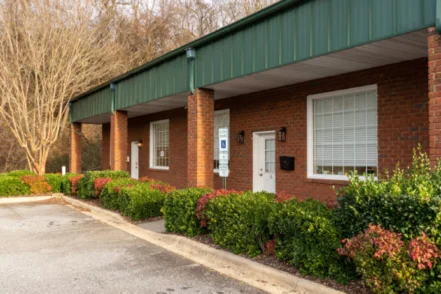 North Carolina
North CarolinaAsheville Recovery Center
9 Old Burnsville Hill Road, Suite 7 Asheville, North Carolina 28804
-
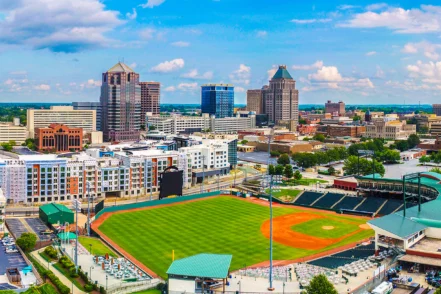 North Carolina
North CarolinaCrossroads of Greensboro
2706 North Church Street Greensboro, North Carolina 27405
-
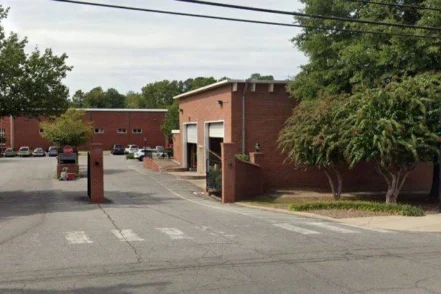 North Carolina
North CarolinaTriangle Residential Options for Substance Abusers
1820 James Street Durham, North Carolina 27707
-
 North Carolina
North CarolinaDilworth Center
2240 Park Road Charlotte, North Carolina 28203
-
 North Carolina
North CarolinaSilver Ridge
183 Old Turnpike Road Mills River, North Carolina 28759
-
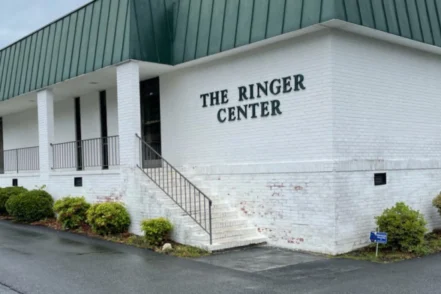 North Carolina
North CarolinaThe Ringer Center Greensboro
213 East Bessemer Avenue Greensboro, North Carolina 27401
-
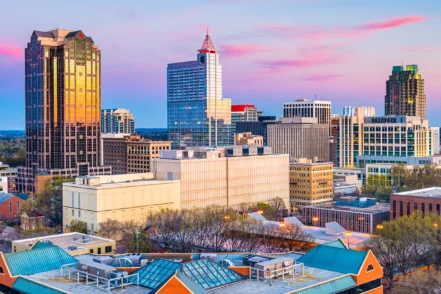 North Carolina
North CarolinaHolly Hill Hospital
3019 Falstaff Road Raleigh, North Carolina 27610
-
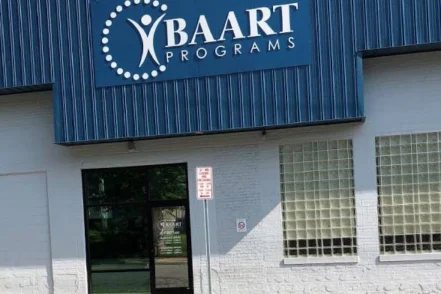 North Carolina
North CarolinaBAART Programs Durham
800 N Mangum Street, Suite 400 Durham, North Carolina 27701
-
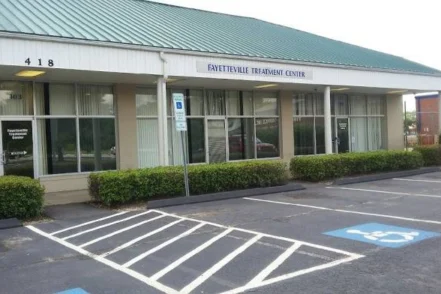 North Carolina
North CarolinaNew Season Fayetteville Treatment Center
Person St, Suite 103 Fayetteville, North Carolina 28301
-
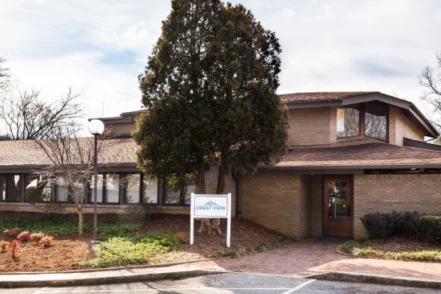 North Carolina
North CarolinaCrest View Recovery Center
90 Asheland Avenue, Suite D Asheville, North Carolina 28801
-
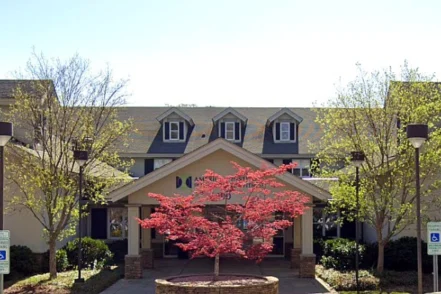 North Carolina
North CarolinaCarolina Performance
8300 Health Park, Suite 201 Raleigh, North Carolina 27615
-
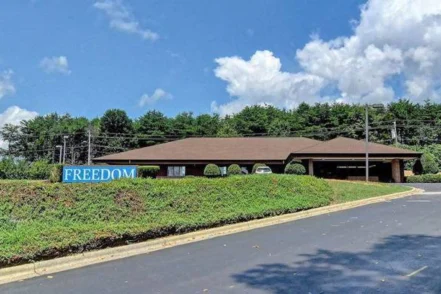 North Carolina
North CarolinaFreedom Detox
1089 X Ray Dr Gastonia, North Carolina 28054
-
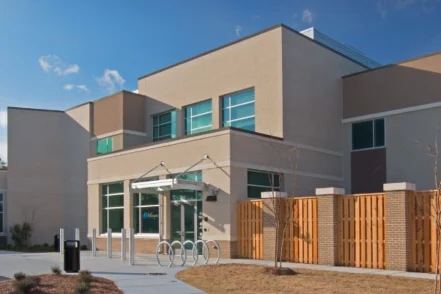 North Carolina
North CarolinaWilmington Treatment Center Troy Drive
2520 Troy Drive Wilmington, North Carolina 28401